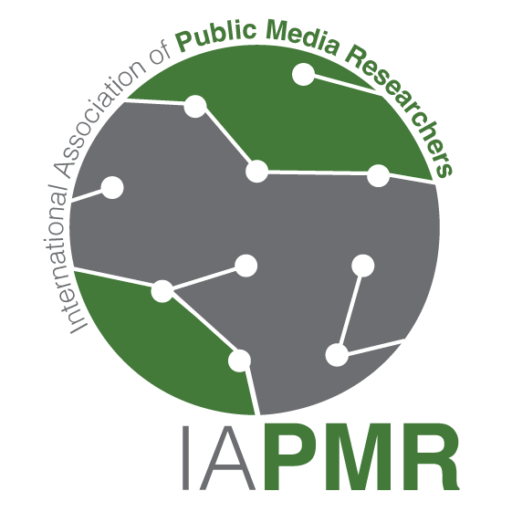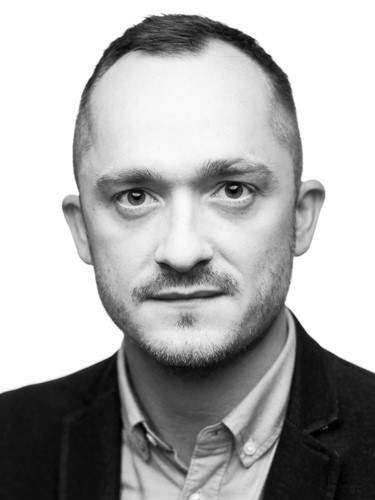Michał Głowacki is an Associate Professor at the University of Warsaw, Poland. He has conducted research projects funded by the European Commission, the Danish Agency for Science, Technology and Innovation, the Swedish Institute, the Research Council of Norway, Poland’s National Science Center, the National Agency for Academic Exchange and the Polish-American Fulbright Commission. Michał was the Programme Advisor to the Advisory Group on Public Service Media Governance at the Council of Europe in 2010. He is Editor in Chief of the “Central European Journal of Communication”. His research interests are media policy, public service media and innovation culture.
First of all, can you tell us about your current projects?
Communications and media researchers wear different hats. I have looked at public service media (PSM) and related policies, starting with the Council of Europe’s 2010 consultations on PSM governance and then aimed to explore the lenses of public service media adaptation in joint research with Professor Lizzie Jackson from the London South Bank University; “Organisational Culture of Public Service Media: People, Values and Processes” (2015–2019). Nowadays, the focus is on public service media’s turns in a highly competitive platform age dominated by global multimedia giants. The current project, entitled “Public Service Media in the Age of Platforms – PSM-AP” (2022–2025) is led by Professor Catherine Johnson from the University of Leeds. The PSM-AP received funding under the CHANSE – Collaboration of Humanities and Social Sciences programme.
Looking back, do you think there is any particular discussion or debate around Public Service Media that remains unsolved, despite being the object of extensive academic research?
The answer would require a more specific focus highlighting an interplay of PSM studies as the organisation grounded in its society, with related imaginative futures and cultural path-dependencies. As researchers, we have gone a long way in exploring the foundations of public service remit, advising for more digital, connective and community-oriented organisations. I missed the debate around the PSM culture that would advance comparative media systems by exploring societal and organisational cultures. From Poland’s scholarly perspective, we might need to dig deeper into the foundations of recent illiberal democratic shifts alongside the mindsets in preserving the PSM’s organisational status quo (media, policy-makers, scholars and politicians). There is also room to explore the PSM contexts, such as the societal and value-based PSM dysfunctions, such as government propaganda and social polarisation.
Which topics affecting Public Service Media do you feel will require the most involvement of both researchers and practitioners in the short future?
One of the challenges for today’s public service media is the organisational adaptation and PSM’s ability to become the Living Company, which lives in constant change and creates change itself. Future research will focus on organisational conditions and intergenerational shifts inside public service media companies. But the challenge also relates to us, researchers, as we constantly learn similarities and differences between the cross-national case study experience. Going beyond the systemic approach means more joint research and collaborations, exchanging work culture and what has been coined as deliberation. And finally, the inclusion of the young generations in decision-making on future PSM, there are several intergenerational disconnections here.
What would your advice be for a young scholar who is starting to work around Public Service Media?
I make it short. Be critical. And active.

